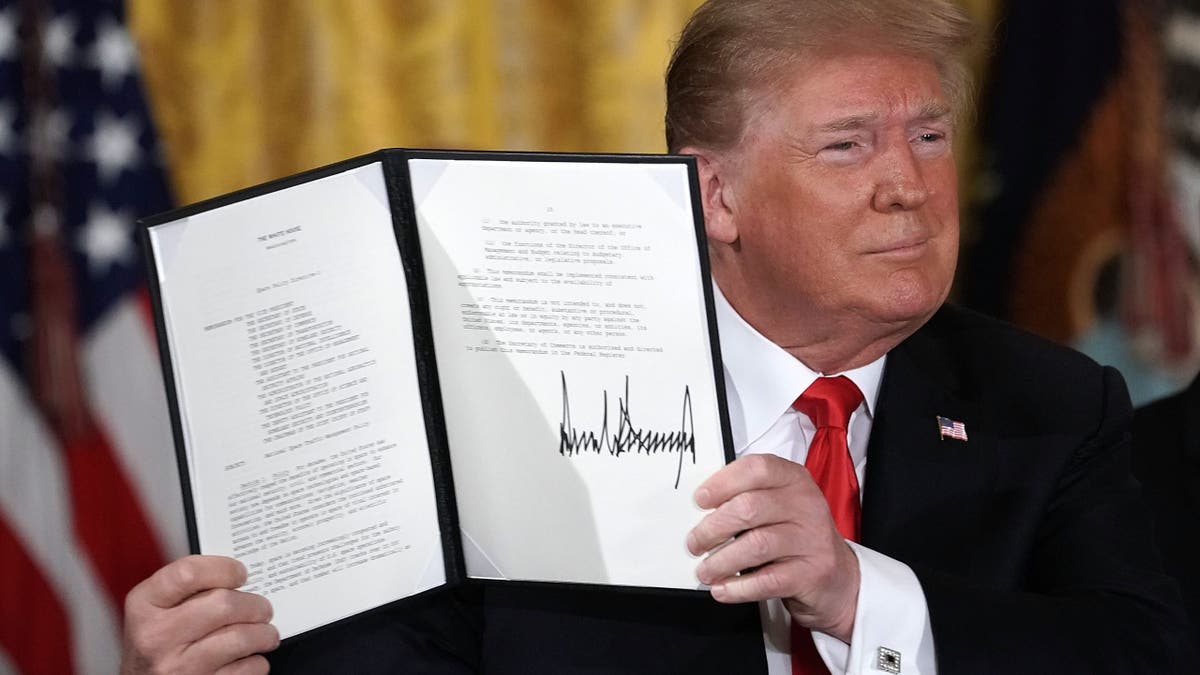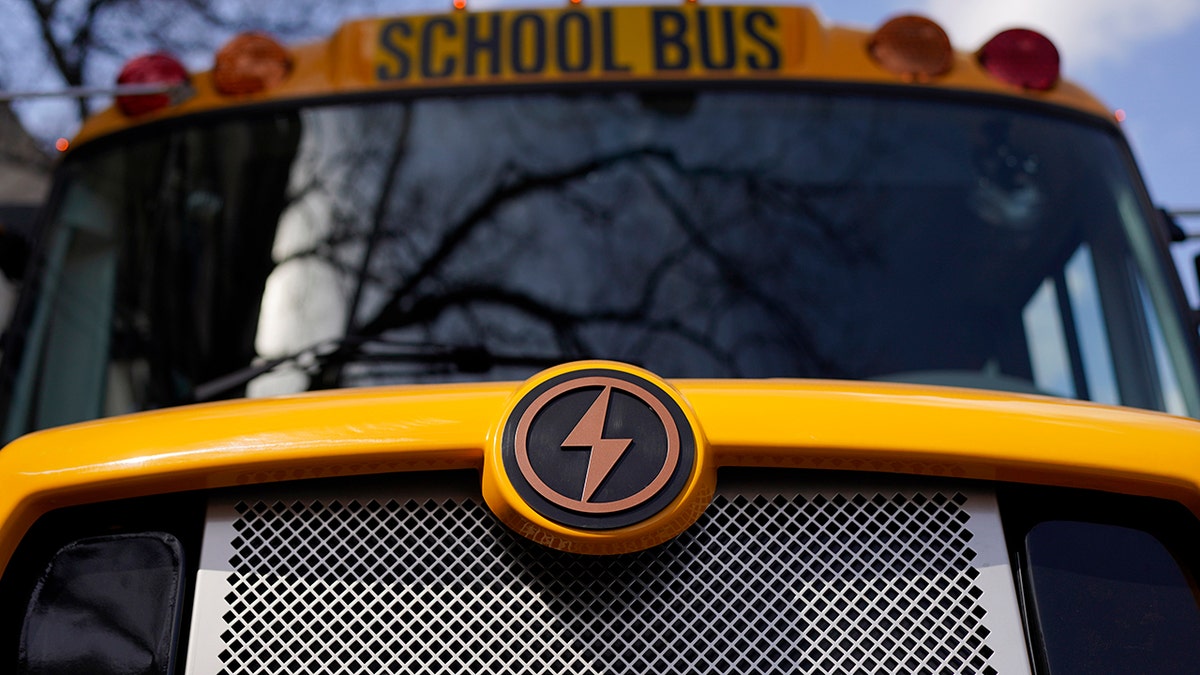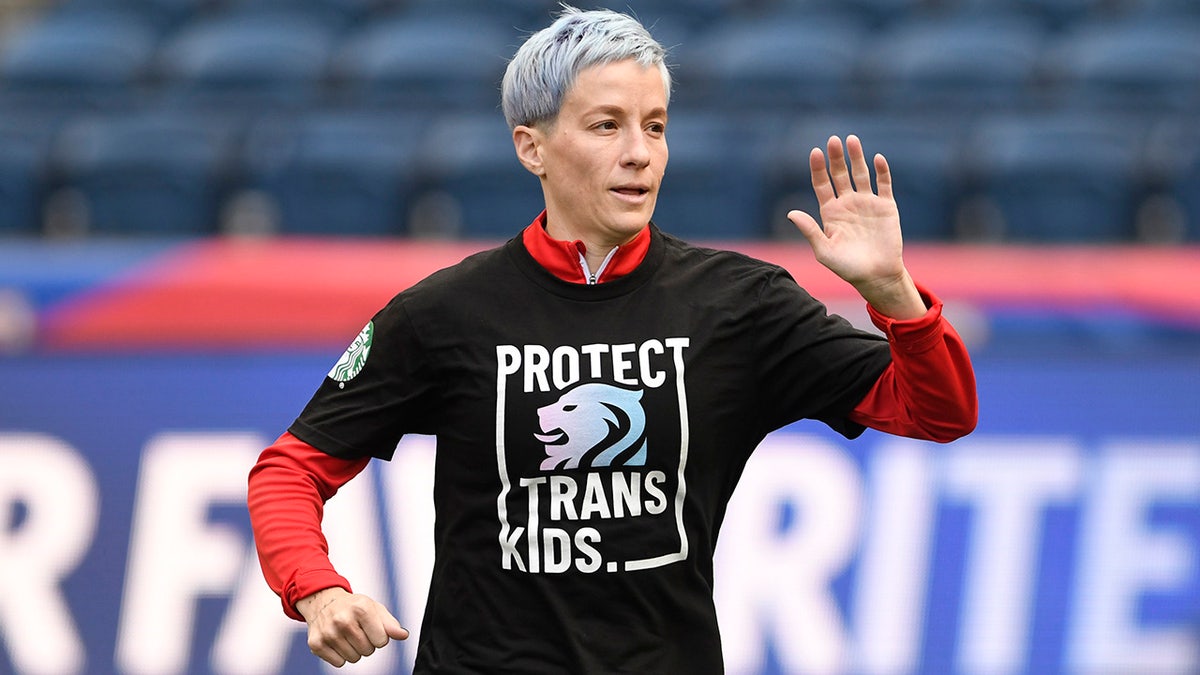
In a significant legal setback for the Trump administration, a federal judge in Seattle has temporarily blocked President Trump's executive order aimed at ending birthright citizenship for children born to undocumented immigrants. Judge John Coughenour, appointed by Ronald Reagan, issued a 14-day restraining order, calling the executive order "patently unconstitutional." This decision follows lawsuits filed by four states – Arizona, Illinois, Oregon, and Washington – challenging the order's legality.
Judge Coughenour expressed astonishment at the executive order, stating that in his four decades on the bench, he had never encountered a case so clearly in violation of the Constitution. The judge's strong words reflect the intense legal debate surrounding birthright citizenship and the 14th Amendment. Twenty-two states and various immigrant rights organizations have also filed suits against the administration, contending that the order is not only unconstitutional but also unprecedented.
The executive order, signed shortly after President Trump's inauguration, was scheduled to take effect on February 19th. It aimed to restrict birthright citizenship for children born to undocumented immigrants and those in the U.S. on temporary nonimmigrant visas. This would have potentially impacted hundreds of thousands of children born in the U.S. each year.
The central point of contention lies in the interpretation of the 14th Amendment, which states that all persons born or naturalized in the United States and subject to its jurisdiction are citizens. The Trump administration sought to clarify this clause, arguing that it does not apply to children of undocumented immigrants. However, opposing states argue that the amendment unequivocally guarantees citizenship to anyone born on U.S. soil.
The United States is among approximately 30 countries that recognize birthright citizenship. This ruling marks a significant development in the ongoing legal battle over immigration policy, and further updates are expected.








